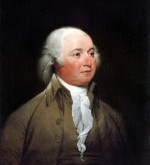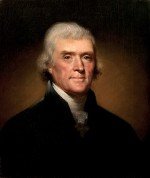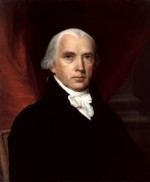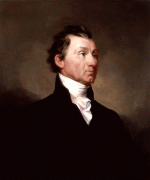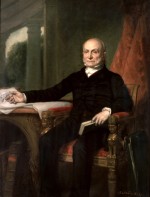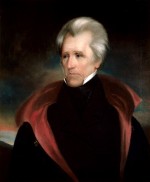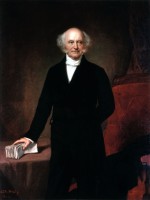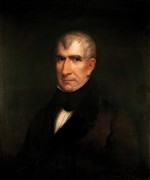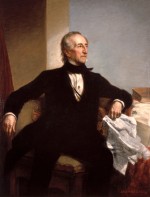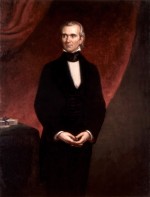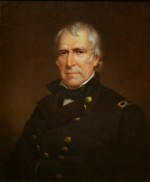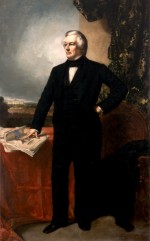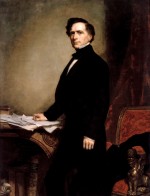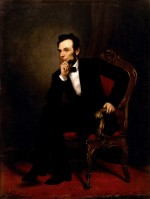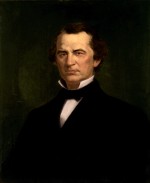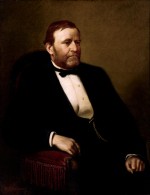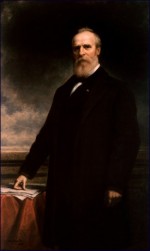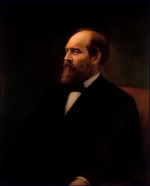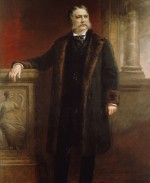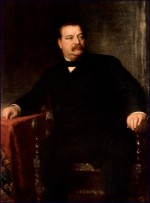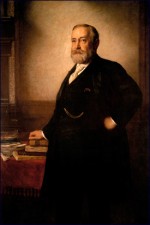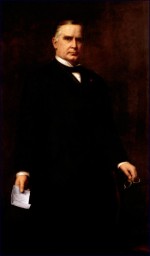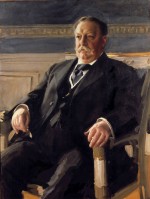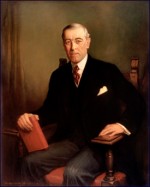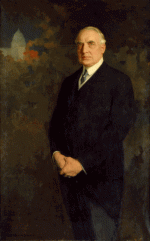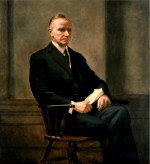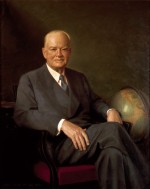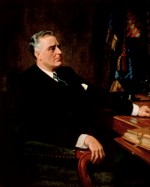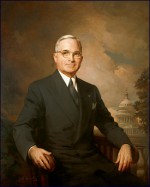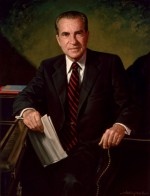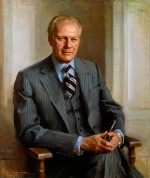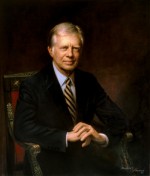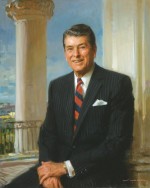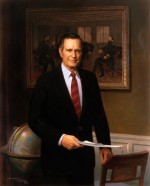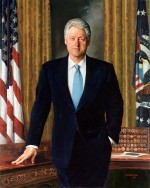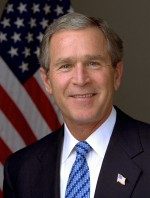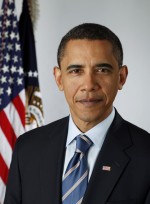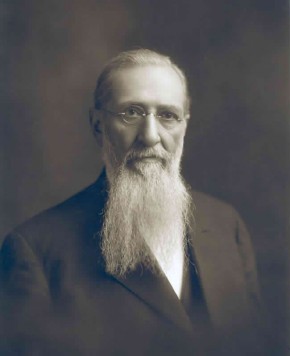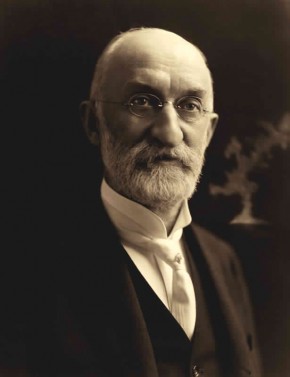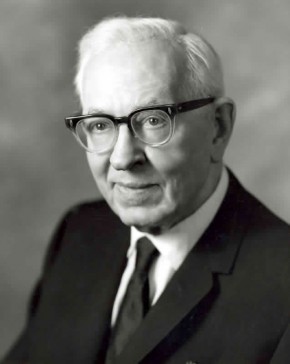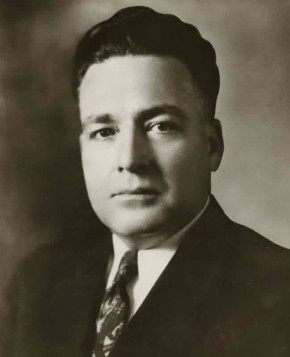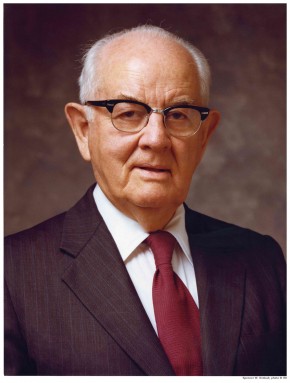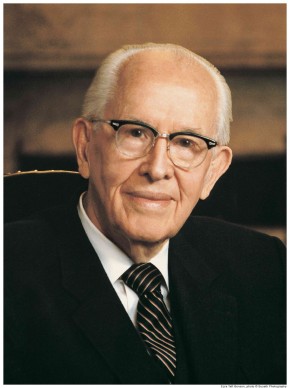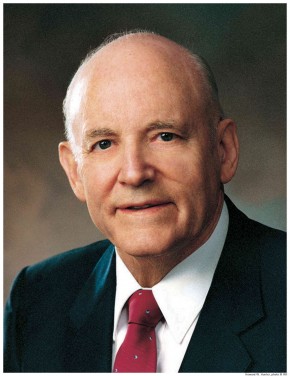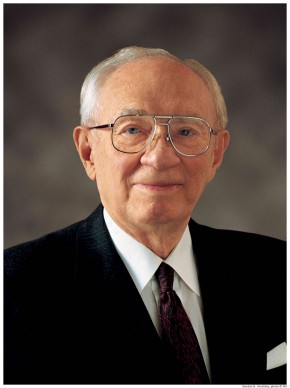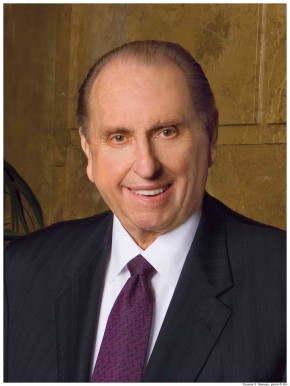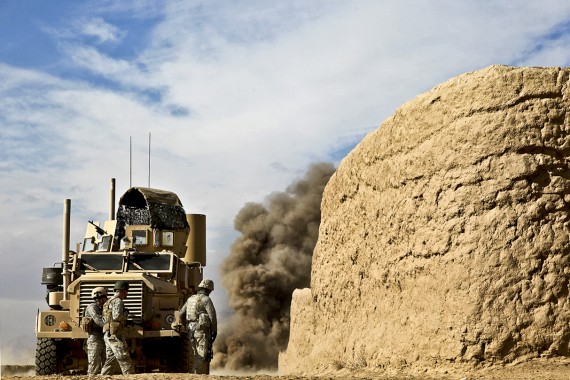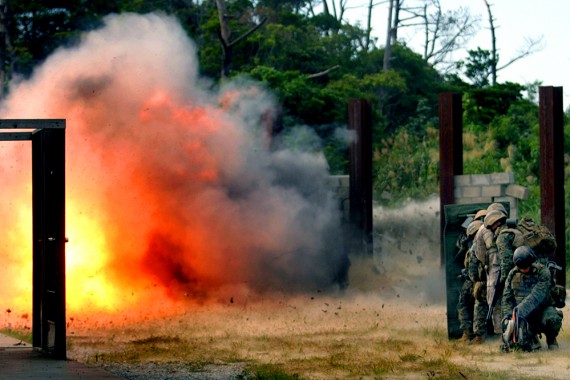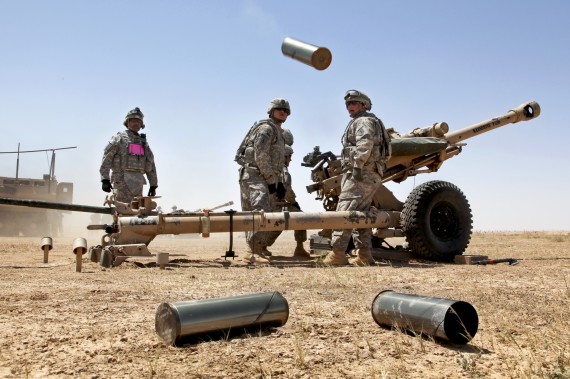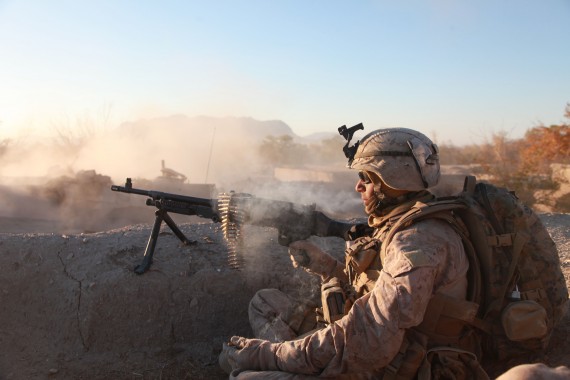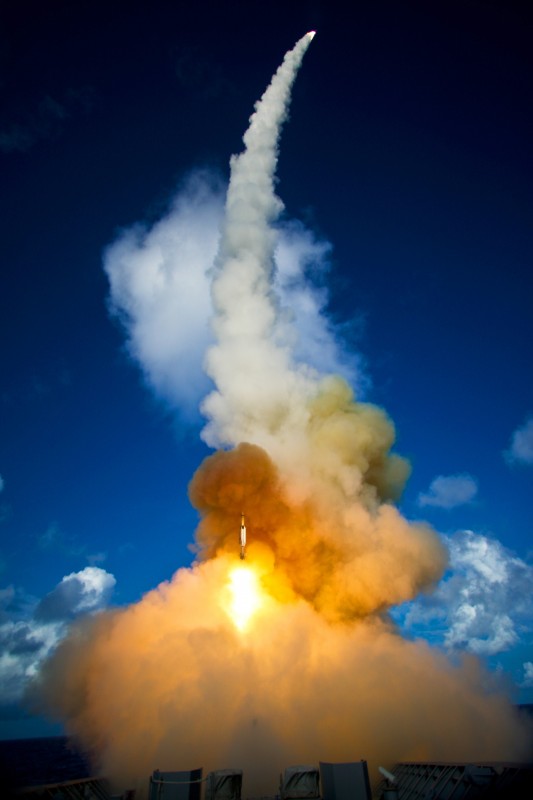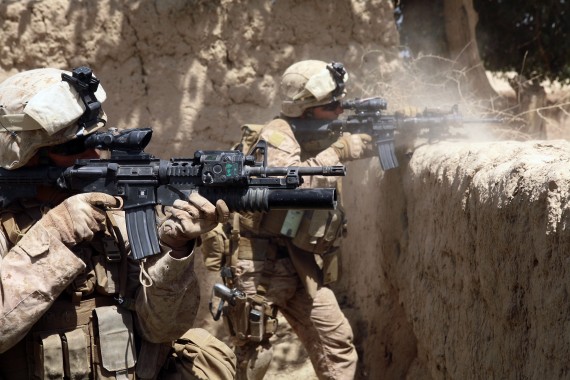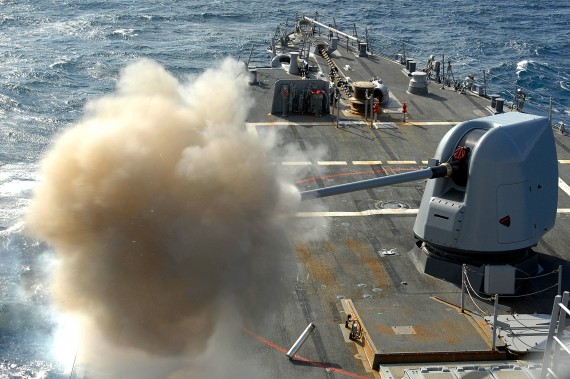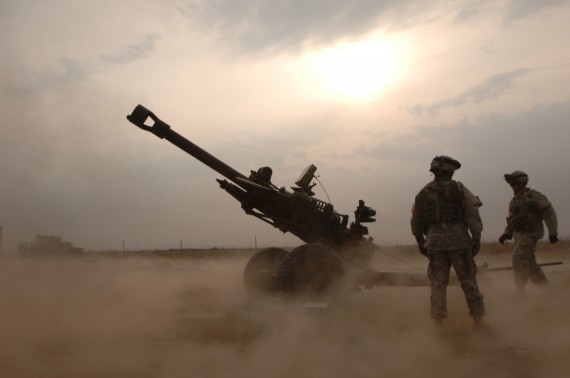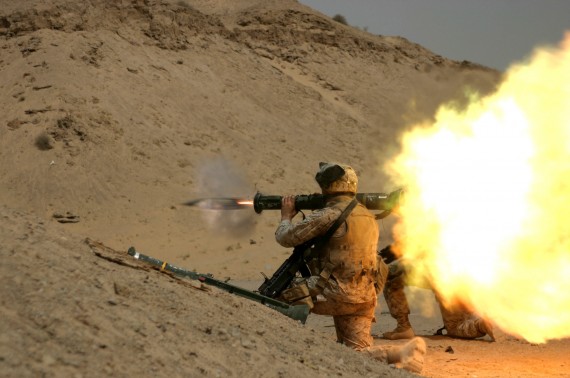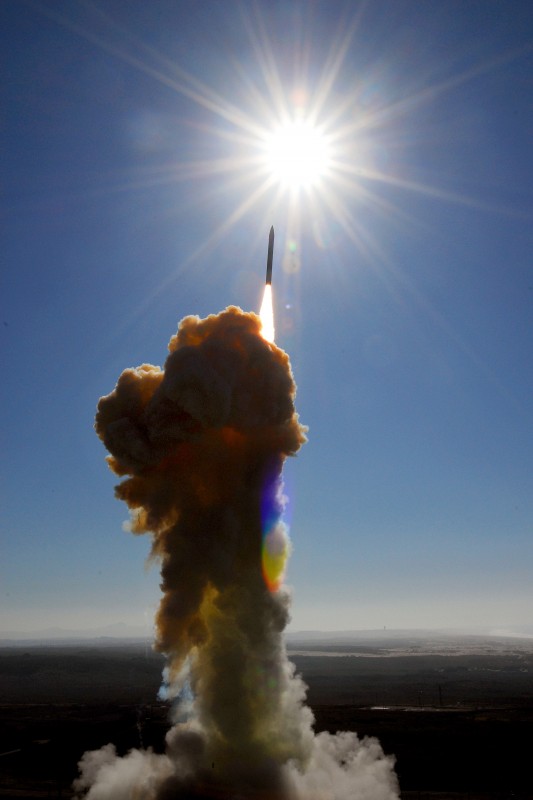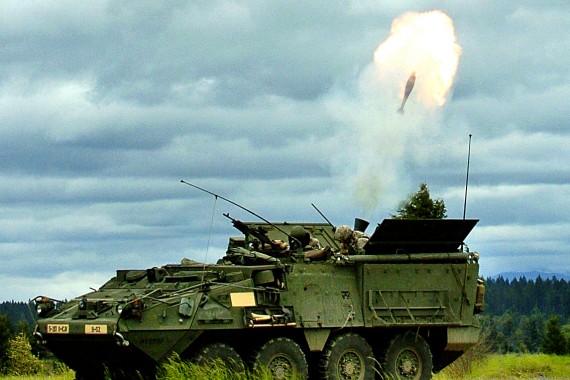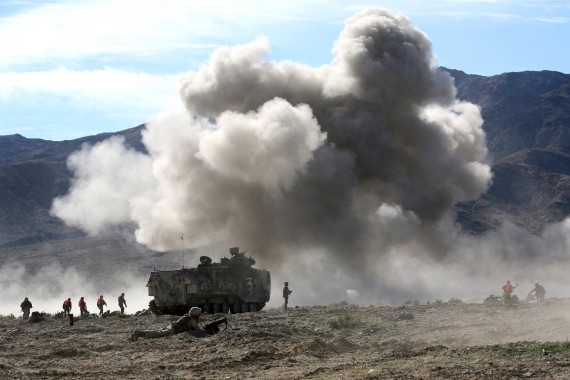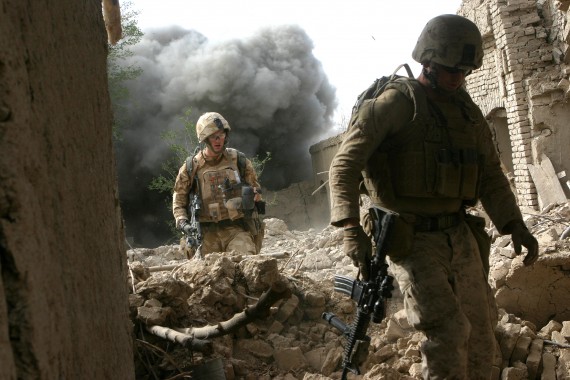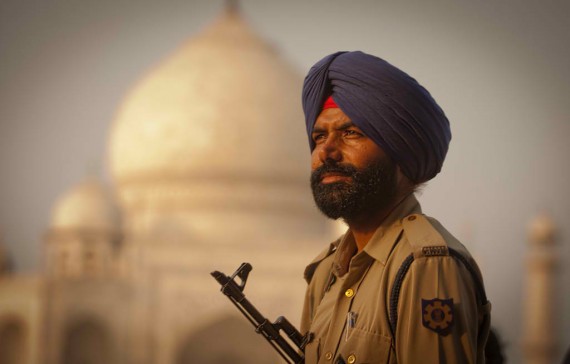The right of the People to keep and bear arms

The Second Amendment, adopted on December 15, 1791, is the part of the Bill of Rights that protects the right of the people to keep and bear arms. Recently the Supreme Court ruled that the Second Amendment protects an individual’s right to possess a firearm, unconnected to service in a militia. The Court also ruled that limits placed on the federal government also apply to State and local governments.
A well regulated Militia, being necessary to the security of a free State, the right of the people to keep and bear Arms, shall not be infringed.
The version above was passed by Congress. The version ratified by the States does not capitalize militia or arms but does capitalize People.
Collected herein is a quote from each president about arms. Do you have a favorite?
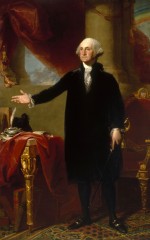
George Washington
(1789–1797)“A free people ought not only to be armed but disciplined; to which end a uniform and well digested plan is requisite: And their safety and interest require that they should promote such manufactories, as tend to render them independent on others, for essential, particularly for military supplies.”
John Adams
(1797–1801)“Opposition, nay, open, avowed resistance by arms, against usurpation and lawless violence, is not rebellion by the law of God or the land.”
James Madison
(1809–1817)“[The Constitution preserves] the advantage of being armed which Americans possess over the people of almost every other nation (where) the governments are afraid to trust the people with arms.”
James Monroe
(1817–1825)“The right of self-defense never ceases. It is among the most sacred, and alike necessary to nations and to individuals.”
John Quincy Adams
(1825–1829)“…it is by the militia that we are constituted an armed nation, standing in perpetual panoply of defense in the presence of all the other nations of the earth.”
Andrew Jackson
(1829–1837)“Partial injuries and occasional mortifications we may be subjected to, but a million of armed freemen, possessed of the means of war, can never be conquered by a foreign foe.”
Martin Van Buren
(1837–1841)“[Great Britain] taunted us with our weakness, railed at our fir-built frigates, lightly estimated our prowess and our resources and despised our reiterated declarations of a necessity and a determination to resort to arms for a redress of wrongs.”
William Henry Harrison
(1841)“Can the citizens of a free country, who have taken arms to defend its rights, think of submitting to an army composed of mercenary soldiers, reluctant Canadians goaded to the field by the bayonet, and of wretched, naked savages?”
John Tyler
(1841–1845)“A principle much more controlling was found in the love of order and obedience to the laws, which, with mere individual exceptions, everywhere possesses the American mind, and controls with an influence far more powerful than hosts of armed men.”
James Polk
(1845–1849)“Our reliance for protection and defense on the land must be mainly on our citizen soldiers, who will be ever ready, as they ever have been ready in times past, to rush with alacrity, at the call of their country, to her defense.”
Zachary Taylor
(1849–1850)“It is to be hoped that no international question can now arise which a government confident in its own strength and resolved to protect its own just rights may not settle by wise negotiation; and it eminently becomes a government like our own, founded on the morality and intelligence of its citizens and upheld by their affections, to exhaust every resort of honorable diplomacy before appealing to arms.”
Millard Fillmore
(1850–1853)“To maintain this Union by force of arms, merely, would require a standing army that would exhaust all the resources of the nation, and necessarily convert our Government into a military despotism. This is a result that no patriot can contemplate without horror.”
Franklin Pierce
(1853–1857)“…never to shrink from war when the rights and the honor of the country call us to arms, but to cultivate in preference the arts of peace, seek enlargement of the rights of neutrality, and elevate and liberalize the intercourse of nations…”
James Buchanan
(1857–1861)“[Brigham Young] has therefore for several years, in order to maintain his independence, been industriously employed in collecting and fabricating arms and munitions of war and in disciplining the Mormons for military service.”
Abraham Lincoln
(1861–1865)“This country, with its institutions, belongs to the people who inhabit it. Whenever they shall grow weary of the existing government, they can exercise their constitutional right of amending it or their revolutionary right to dismember it or overthrow it.”
Andrew Johnson
(1865–1869)“…the other [act of Congress] is contrary to the express declaration of the Constitution that ‘a well-regulated militia being necessary to the security of a free state, the right of the people to keep and bear arms shall not be infringed.'”
Ulysses Grant
(1869–1877)“When people are oppressed by their government, it is a natural right they enjoy to relieve themselves of oppression, if they are strong enough, whether by withdrawal from it, or by overthrowing it and substituting a government more acceptable.”
Rutherford Hayes
(1877–1881)“We cared nothing for foreign nations: they were too far, too distant; and anyway, with the North and South united, as I believe they now are, in feeling, we can meet the world in arms against us.”
James Garfield
(1881)“Our country cannot be independent unless its people, with their abundant natural resources, possess the requisite skill at any time to clothe, arm and equip themselves for war, and in time of peace produce all the necessary implements of labor.”
Chester Arthur
(1881–1885)“But if we heed the teachings of history we shall not forget that in the life of every nation emergencies may arise when a resort to arms can alone save it from dishonor.”
Grover Cleveland
(1885–1889 & 1893–1897)“With the nations of the Western Hemisphere we should cultivate closer relations; and for our common prosperity and advancement we should invite them all to join with us in an agreement that for the future all international troubles in North or South America shall be adjusted by impartial arbitration, and not by arms.”
Benjamin Harrison
(1889–1893)“If there is too much exuberance in the thought that we can whip the world, it is a safe saying that we can defend our land and coasts against any part of the world that will ever be in arms against us.”
William McKinley
(1897–1901)“It is asserted that the western provinces are already well-nigh reclaimed, that the planting of cane and tobacco therein has been resumed, and that by force of arms and new and ample reforms very early and complete pacification is hoped for.”
Theodore Roosevelt
(1901–1909)“We desire the peace which comes as of right to the just man armed; not the peace granted on terms of ignominy to the craven and the weakling.”
William Howard Taft
(1909–1913)“We shall enter into any war with a full conscious-
ness of the awful consequences that it always entails, whether successful or not, and we, of course, shall make every effort consistent with national honor and the highest national interest to avoid a resort to arms.”
Woodrow Wilson
(1913–1921)“We must depend in every time of national peril, in the future as in the past, not upon a standing army, nor yet upon a reserve army, but upon a citizenry trained and accustomed to arms.”
Warren Harding
(1921–1923)“Amid it all we have riveted the gaze of all civilization to the unselfishness and the righteousness of representative democracy, where our freedom never has made offensive warfare, never has sought territorial aggrandizement through force, never has turned to the arbitrament of arms until reason has been exhausted.”
Calvin Coolidge
(1923–1929)“We do not know of any nation which has ever been able to provide arms enough so as always to be at peace.”
Herbert Hoover
(1929–1933)“The smaller the armed forces of the world, the less will be the number of men withdrawn from the creative and productive labors.”
Franklin Roosevelt
(1933–1945)“But even a nation well armed and well organized from a strictly military standpoint may, after a period of time, meet defeat if it is unnerved by self-distrust, endangered by class prejudice, by dissension between capital and labor, by false economy and by other unsolved social problems at home.”
Harry Truman
(1945–1953)“We must preserve our national strength. Strength is not simply a matter of arms and force. It is a matter of economic growth, and social health, and vigorous institutions, public and private.”
Dwight Eisenhower
(1953–1961)“Every gun that is made, every warship launched, every rocket fired, signifies in the final sense a theft from those who hunger and are not fed, those who are cold and are not clothed.”
John Kennedy
(1961–1963)“By calling attention to ‘a well regulated militia,’ ‘the security of the nation,’ and the right of each citizen ‘to keep and bear arms,’ our founding fathers recognized the essentially civilian nature of our economy…”
Lyndon Johnson
(1963–1969)“Yet as we protect freedom by courage in arms, we shall every day continue the search for an honorable peace. It is tragic that young lives must be sacrificed, that great sums must be spent for the instruments of war, when the work of peace awaits man’s accomplishment in every land.”
Richard Nixon
(1969–1974)“[President Eisenhower’s] life reminds us that there is a moral force in this world more powerful than the might of arms or the wealth of nations.”
Gerald Ford
(1974–1977)“America must remain first in keeping peace in the world. We can remain first in peace only if we are never second in defense.”
Jimmy Carter
(1977–1981)“Our stand for peace is suspect if we are also the principal arms merchant of the world.”
Ronald Reagan
(1981–1989)“You won’t get gun control by disarming law-abiding citizens. There’s only one way to get real gun control: Disarm the thugs and the criminals, lock them up and if you don’t actually throw away the key, at least lose it for a long time…”
George H. W. Bush
(1989–1993)“A world once divided into two armed camps now recognizes one sole and preeminent power, the United States of America.”
Bill Clinton
(1993–2001)“In the end, all the world’s wealth and a thousand armies are no match for the strength and decency of the human spirit.”
Barack Obama
(2009–)“As a general principle, I believe that the Constitution confers an individual right to bear arms. But just because you have an individual right does not mean that the state or local government can’t constrain the exercise of that right, in the same way that we have a right to private property but local governments can establish zoning ordinances that determine how you can use it.”
Sources
The Presidents Series

